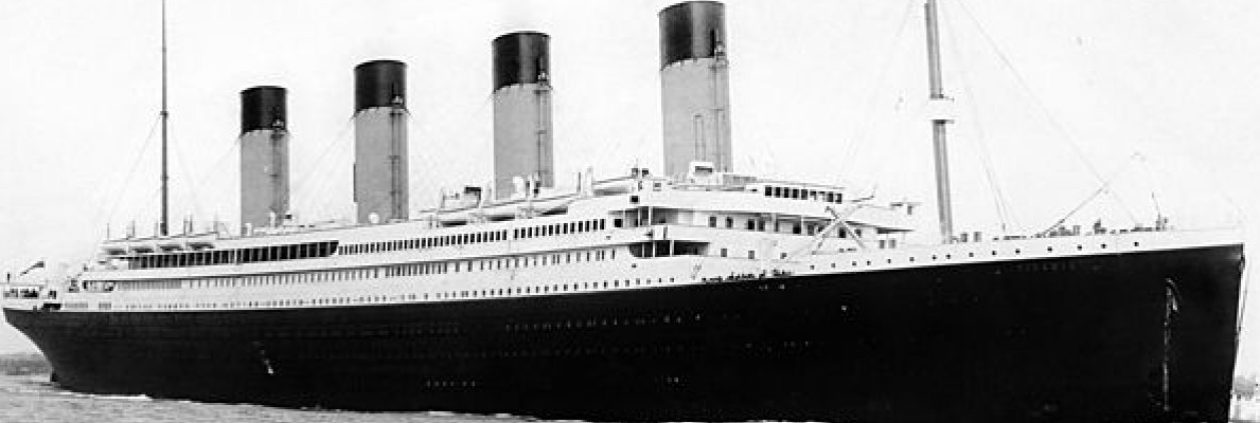
Source: Bundesarchiv, Bild 146-1985-083-10 / CC-BY-SA 3.0 (Via Wikimedia)
On 12 Mar1938 German troops marched in Austria and formally annexed the German-speaking nation.
The movement to unify Germany and Austria (Anschluss) began after the Austro-Hungarian Empire was dissolved in 1919 (by the Treaty of Saint German-en-Laye). There was sentiment to a union with Germany but it was barred by the Treaty of Versailles. Anschluss became an issue during the 1920’s and in 1931 the German and Austrian governments proposed a customs union. Austria had been weakened by the collapse of the Loan Bank (Kreditanstalt) and anarchy in politics. France opposed it as did Czechoslovakia, Yugoslavia and Romania. The International Court of Justice in The Hague decided it was illegal.
When Hitler came to power in 1933, Anschluss was revived. Hitler considered it a cornerstone of his foreign policy. Austrian chancellor Engelbert Dollfuss was murdered in the Chancellery in Vienna by Austrian Nazis trying to stage a coup’état. It failed but Hitler backed the Austrian Nazi Party (illegal in Austria) even though he by treaty in 1936 guaranteed independence for Austria. In 1938, the Austrian Nazis were plotting another attempt to seize Austria and unite with Germany. Austrian Chancellor Kurt von Schuschnigg was invited by Hitler to meet with him in February, 1938. Hitler demanded concessions that involved appointing Nazi sympathizers into positions of power. Schuschnigg, knowing he had no support from Britain or France, gave in. Arthur Seyss-Inquart as Minister of Public Security, who had control of the police, was the key appointment that Hitler sought. Seyss-Inquart was an Anschluss supporter.
Schuschnigg called for a national vote on 9 March on Austrian independence. Meanwhile German troops began massing at the border. Hitler demanded that Schuschnigg resign in favor Seyss-Inquart. Under intense pressure, he resigned and the vote was cancelled. Seyss-Inquart was ordered by Hermann Goering to request German troops be sent in restore order. With that, German troops entered the country on 12 March 1938. Enthusiastic crowds greeted Hitler and the troops. A new Nazi government was created and the Anschluss was proclaimed. Jews in Vienna and other parts of Austria were subject to new harsh measures and many were imprisoned. Known opponents of the unification were also arrested. Many Jews tried to emigrate or flee Austria as well.
The reaction of Britain and other powers was mostly moderate to the annexation. And this emboldened Hitler to use more aggressive tactics to expand as neither Britain or France were going to stop him. Austria would remain a German federal state until after World War II when Austria was made independent again.
Sources:
Internet
History.com
Holocaust Education & Archive Research Team
Book
Snyder, Lewis: Encyclopedia of The Third Reich, Marlowe & Company, New York, 1976








